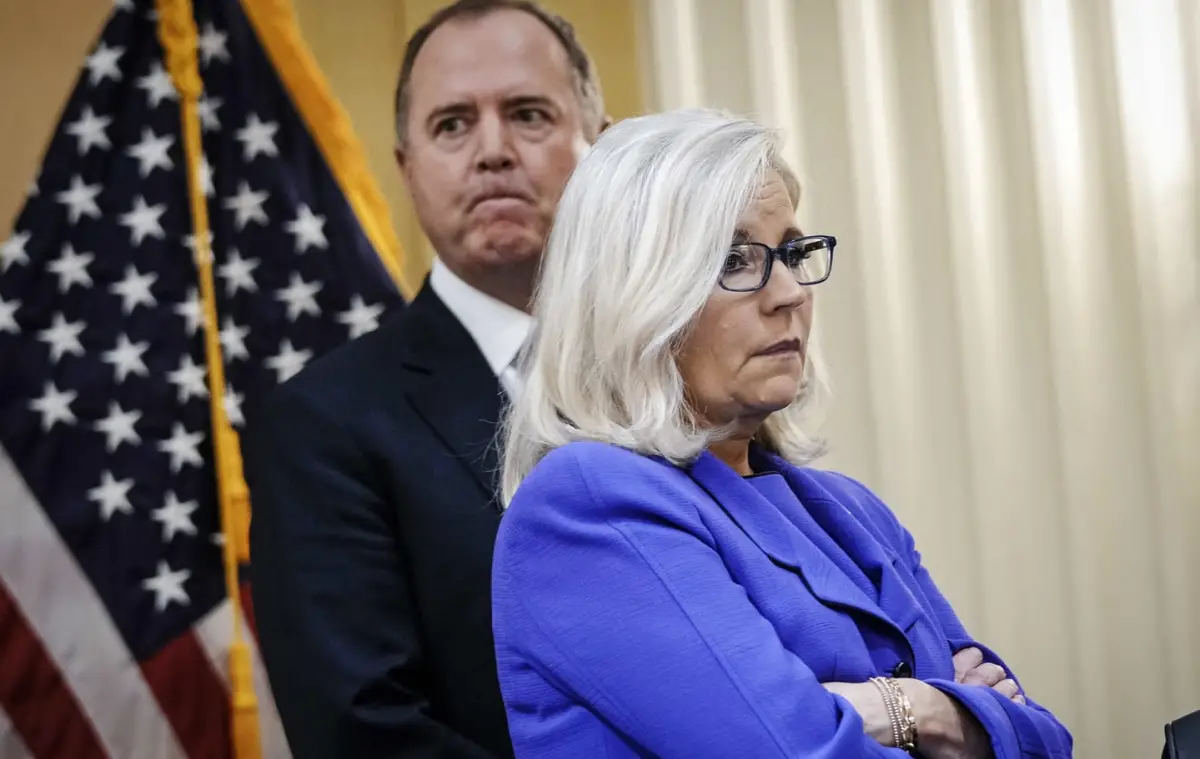OPINION: The following article reflects the author’s personal views and interpretations.
In a surprising twist to the ongoing debate over the events of January 6, Georgia Republican Representative Barry Loudermilk recently disclosed that House Speaker Mike Johnson has promised to formalize the inquiry into the Capitol attack as a new committee. With Republicans now holding a majority in both Congress and the White House, this move is seen as part of a broader strategy to continue and expand investigations initiated in the previous Congress.
According to Loudermilk, the details surrounding this new committee are still being ironed out. One intriguing possibility is that Speaker Johnson might be granted greater authority over the panel’s composition and its operational guidelines. By potentially establishing a “select committee,” the GOP appears determined to shape the inquiry in a way that aligns with its political priorities and strategic goals.
This new committee is expected to serve as a platform to keep the spotlight on efforts that some Republicans have long championed—namely, preventing former President Donald Trump from facing accountability for his alleged role in the events of January 6. Loudermilk, whose own work included a controversial report recommending that the FBI charge former GOP Representative Liz Cheney, believes that the establishment of the committee will help solidify the party’s narrative. He contends that the new structure is designed to counteract what he describes as the narrowly focused investigation led by figures like Adam Schiff and Liz Cheney in the previous committee.
Loudermilk was unequivocal when he stated, “It was for sure a continuation of an earlier narrative,” implying that the previous select committee, which received significant media attention, had a very limited scope that unfairly placed blame solely on Trump. In his view, the Capitol attack was the result of multiple failures at various levels, not just the actions of one individual. He argued that this singular focus had distorted the true nature of the events, suggesting that a more balanced inquiry would reveal broader systemic issues.
Adding another layer to the discussion, Speaker Mike Johnson has publicly committed to ensuring that the new investigation will be “fully funded.” This pledge is seen by many as a signal that the GOP is prepared to invest significant resources into re-examining January 6, potentially reviving aspects of the investigation that were left unresolved by the previous Congress. Johnson’s determination to oversee this process closely is viewed as a critical element in the party’s overall strategy to shape the narrative surrounding the Capitol attack.
In parallel to these developments, CNN has reported that Republicans have reissued subpoenas targeting two Justice Department tax investigators involved in the Hunter Biden investigation, as well as officials linked to special counsel Robert Hur’s probe into President Joe Biden’s handling of classified documents. These actions indicate that the GOP is not only focused on revisiting January 6 but is also intent on reactivating past inquiries that have lingered in legal limbo. Such moves are a clear reminder of how intertwined political investigations have become with broader partisan objectives.
Across the aisle, Senate Democrat Adam Schiff weighed in on the subject, particularly addressing the sensitive issue of presidential pardons. Schiff, who has been a vocal critic of measures that might shield political figures from accountability, expressed strong reservations about President Biden setting a dangerous precedent by preemptively pardoning members of the previous January 6 committee. “I don’t want to see each president go out the door now issuing a broad category of pardons,” Schiff stated in an interview with CNN’s Dana Bash. His remarks underscored a broader concern that such pardons could undermine the integrity of the legal and political process.
Schiff further emphasized that the individuals involved in the investigation—whom he described as proud of their work—are protected by the Speech and Debate Clause, which is designed to safeguard the legislative process from political retribution. While some Democrats have floated the idea that President Biden should issue pardons to shield committee members from future political attacks, Schiff remains adamant that setting such a precedent could lead to abuses of power down the line.
The latest developments, from the potential formation of a new committee to the renewed focus on past inquiries and the contentious debate over pardons, highlight the deep divisions that continue to characterize American politics. As both Republicans and Democrats prepare to use these investigations to bolster their respective agendas, the true impact of these moves on public accountability remains to be seen. What is clear, however, is that the battle over the narrative of January 6 is far from over, and every new twist in the story has the potential to reshape the landscape of political accountability in the United States.

